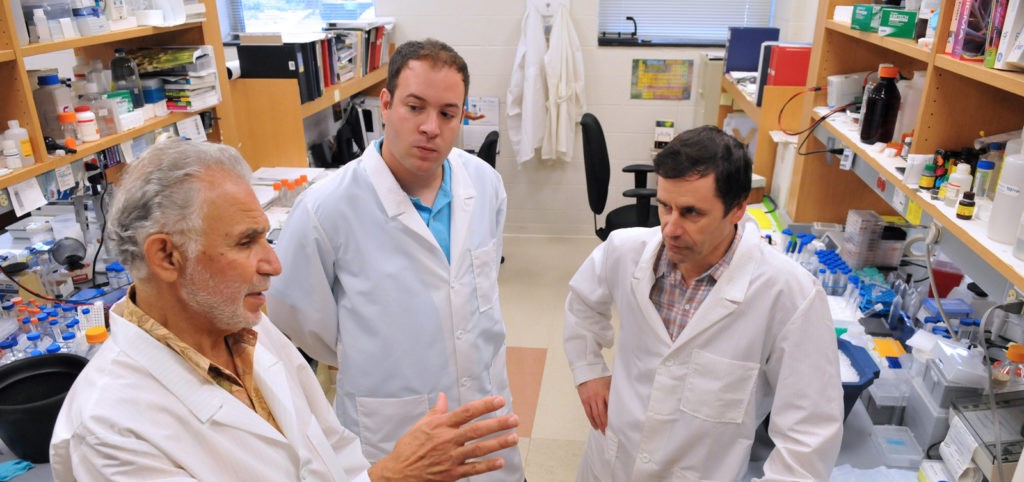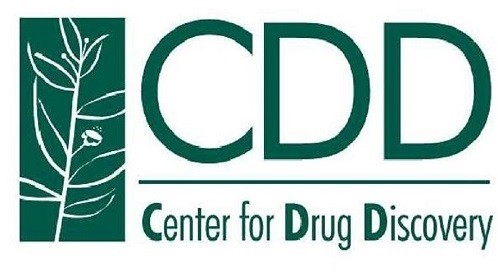
How we got started?
Buoyed by nearly $60 million in established grants, the center is dedicated to better understanding drug mechanisms of action and developing new approaches and technologies aimed at improving the discovery of new therapeutic drugs. The main projects include drug design and synthesis, chemical/biochemical approaches for studying drug receptor interactions and the role of membranes in drug action using biophysical methods. Additional work involves studying the effects of drug molecules on membranes using solution and solid-state nuclear magnetic resonance and computational methods, and using the results to design and synthesize improved medications. The classes of drugs being studied include cannabinoids, steroids and antineoplastic ether lipids. The work also includes studying the mechanism by which these molecules are transported across the blood brain barrier. The center, working with the biotechnology and pharmaceutical industries, is developing an educational component centered on drug discovery. Founded in 2003.
Collaborations
Publications
Grants
Years of operation
What we do?
The CDD strives to discover safe and effective medications for medical problems, including:
- Pain and Inflammation – persistent problems associated with chronic pain, including chemotherapy-induced neuropathy as well as varied inflammatory states
- Neurodegenerative Diseases – Alzheimer’s, Parkinson’s, and Huntington’s diseases and other neurological afflictions related to aging, as well as traumatic brain injury
- Neuropsychiatric Disorders – endogenous and substance-induced psychoses, cognitive dysfunction, dementia, attention-deficit-hyperactivitydisorder (ADHD), autism
- Drug Abuse and Addiction – medical problems with psychological, behavioral, and societal consequences
- Metabolic Disorders – medical conditions related to obesity, cardiovascular disease, and diabetes
- Cancer – preventing metastasis in prostate and breast cancer
